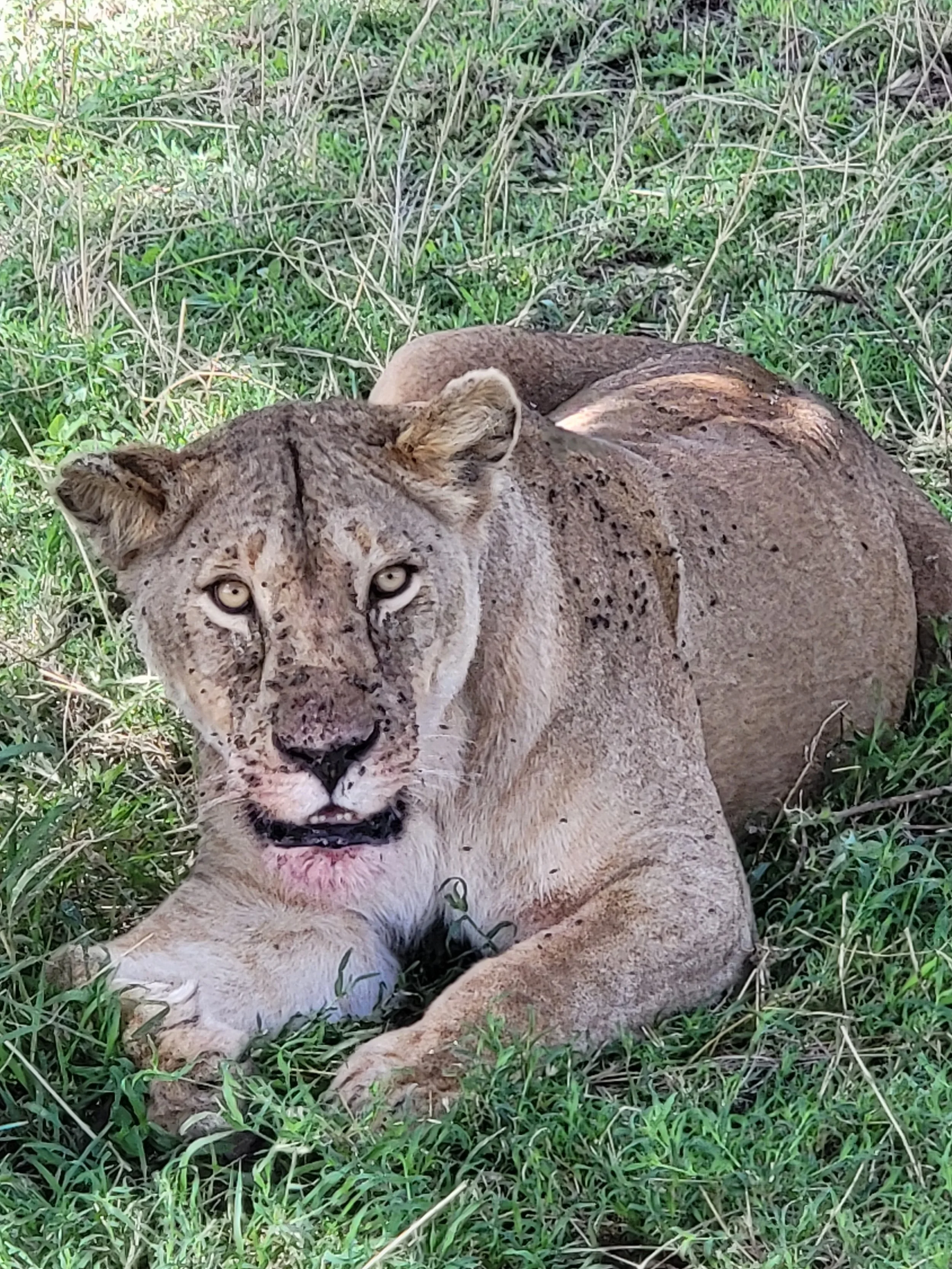“No one can return from the Serengeti unchanged, for tawny lions will forever prowl our memory and great herds throng our imagination.”
For many people, an East African safari is a “bucket list,” experience. My advice is don’t wait. You want to do it sooner rather than later. Until you've come here, you can see nature shows, you can see movies, you can see TVs, but to look out on the horizon and be completely overwhelmed by what a little speck we are and the thousands of creatures out there who are migrating and doing what they do and seeing the cycle of life is quite extraordinary. Ernest Hemingway said, “I never knew of a morning in Africa when I woke up that I was not happy.” And with the entire continent opening up to development and growth, there’s never been a better time for the trip of a lifetime.
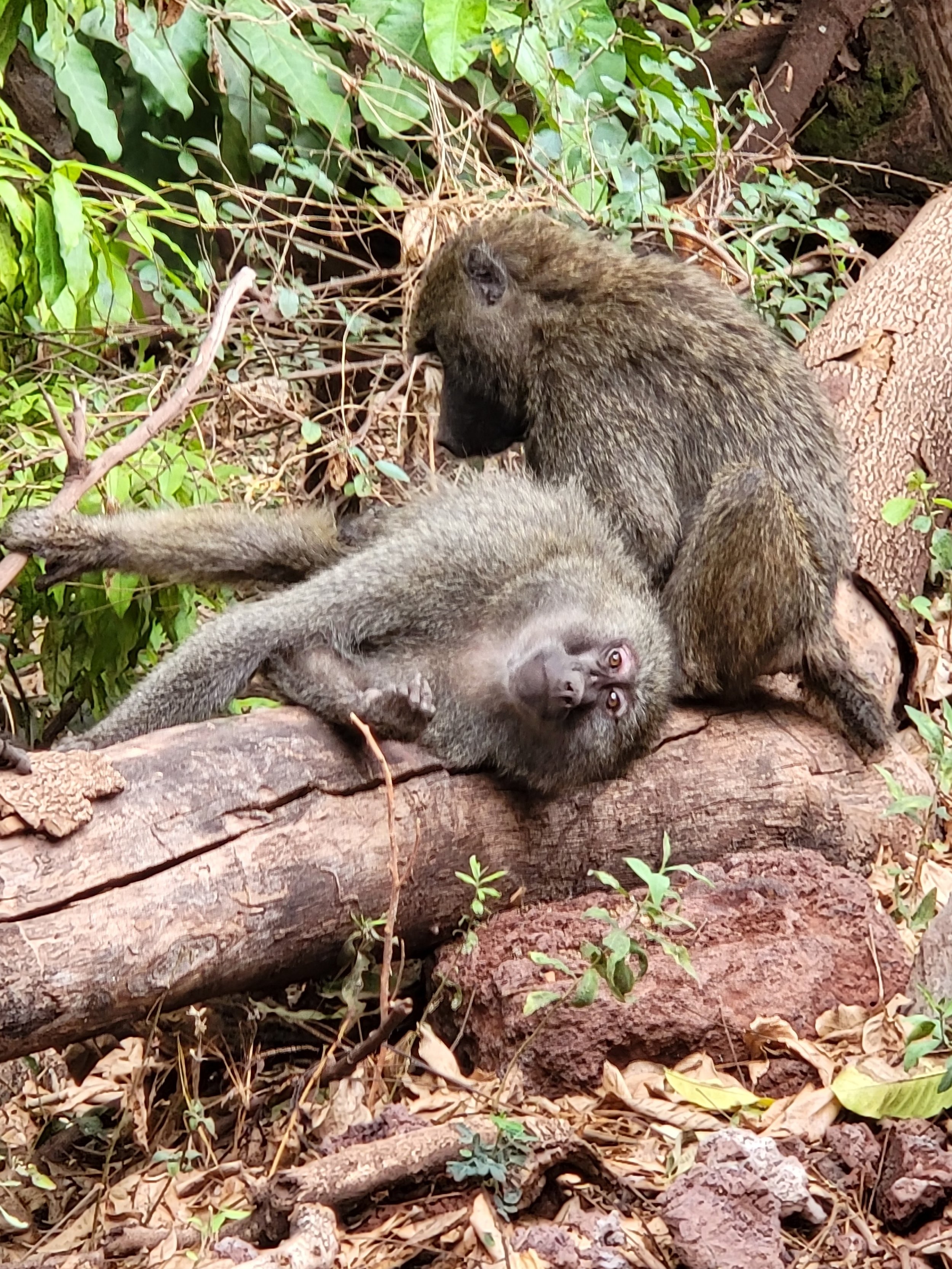
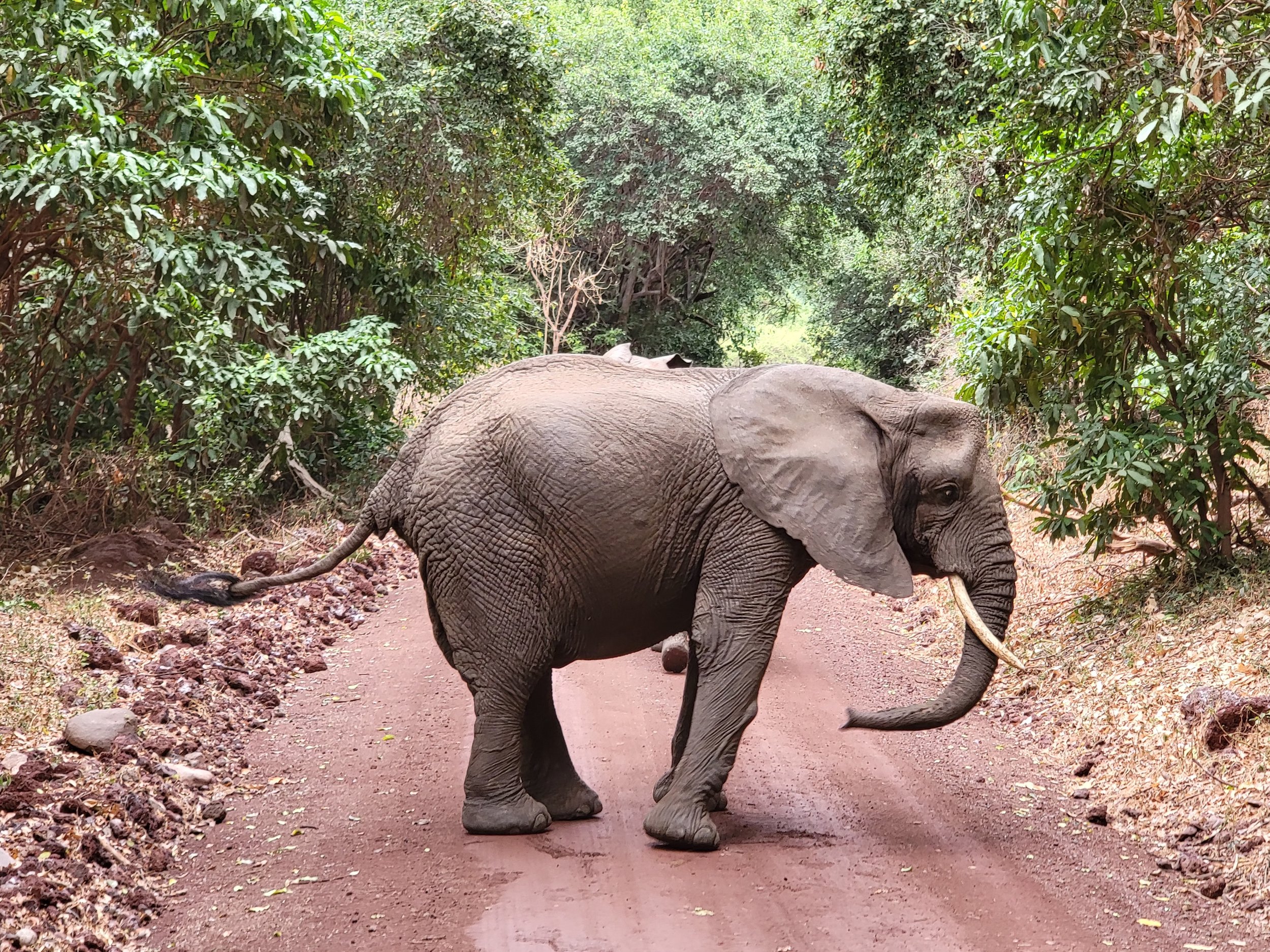
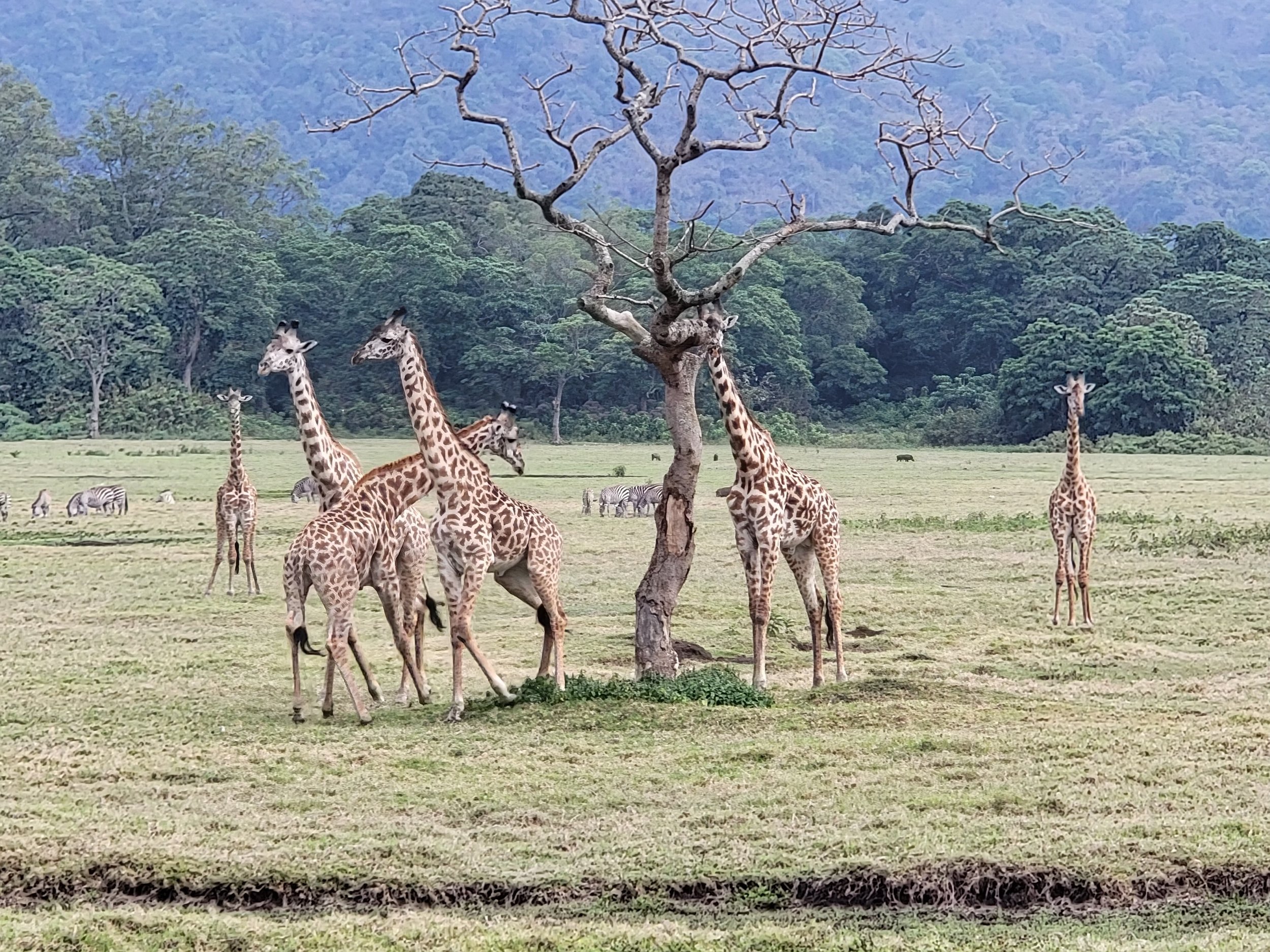
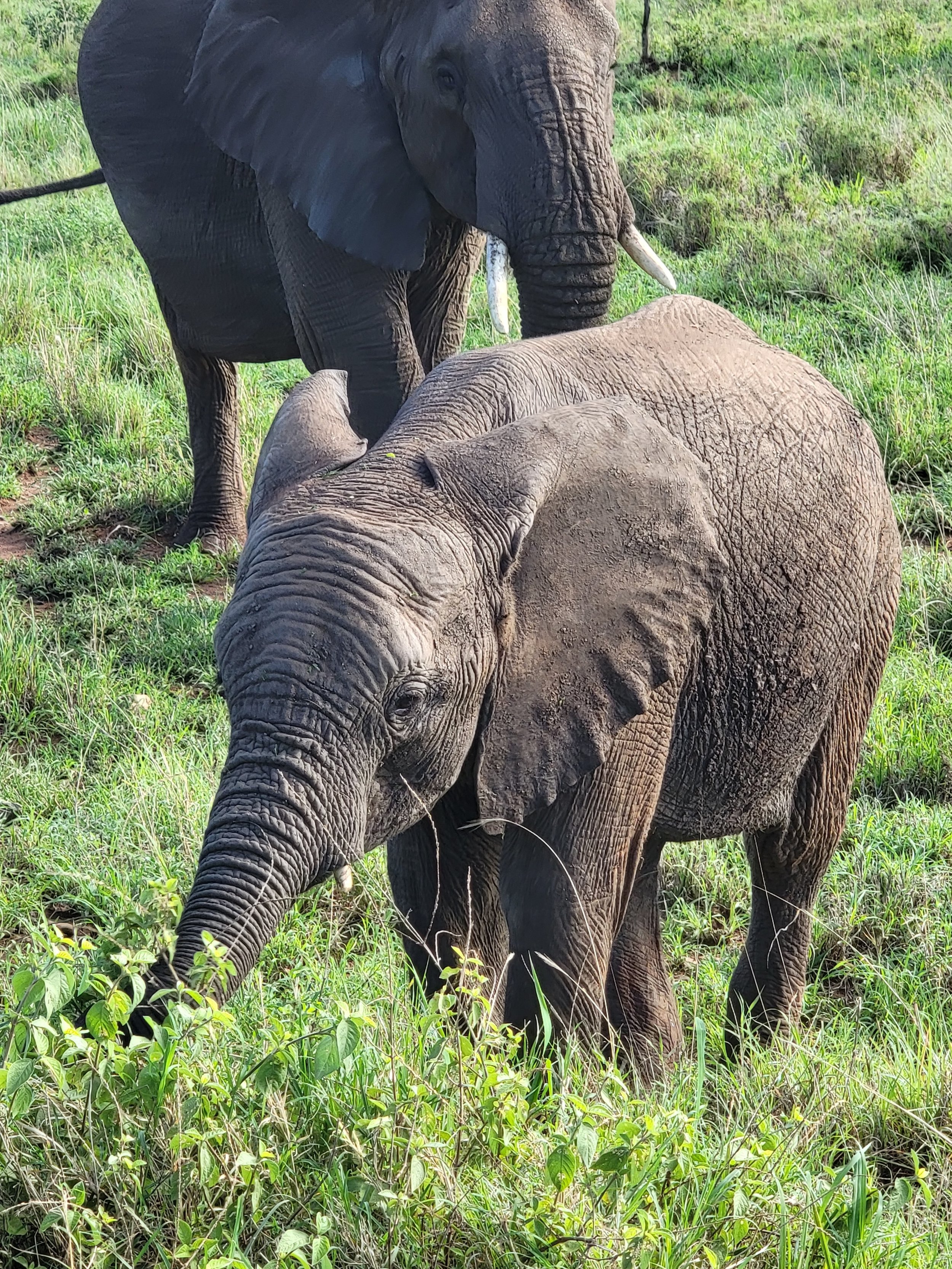
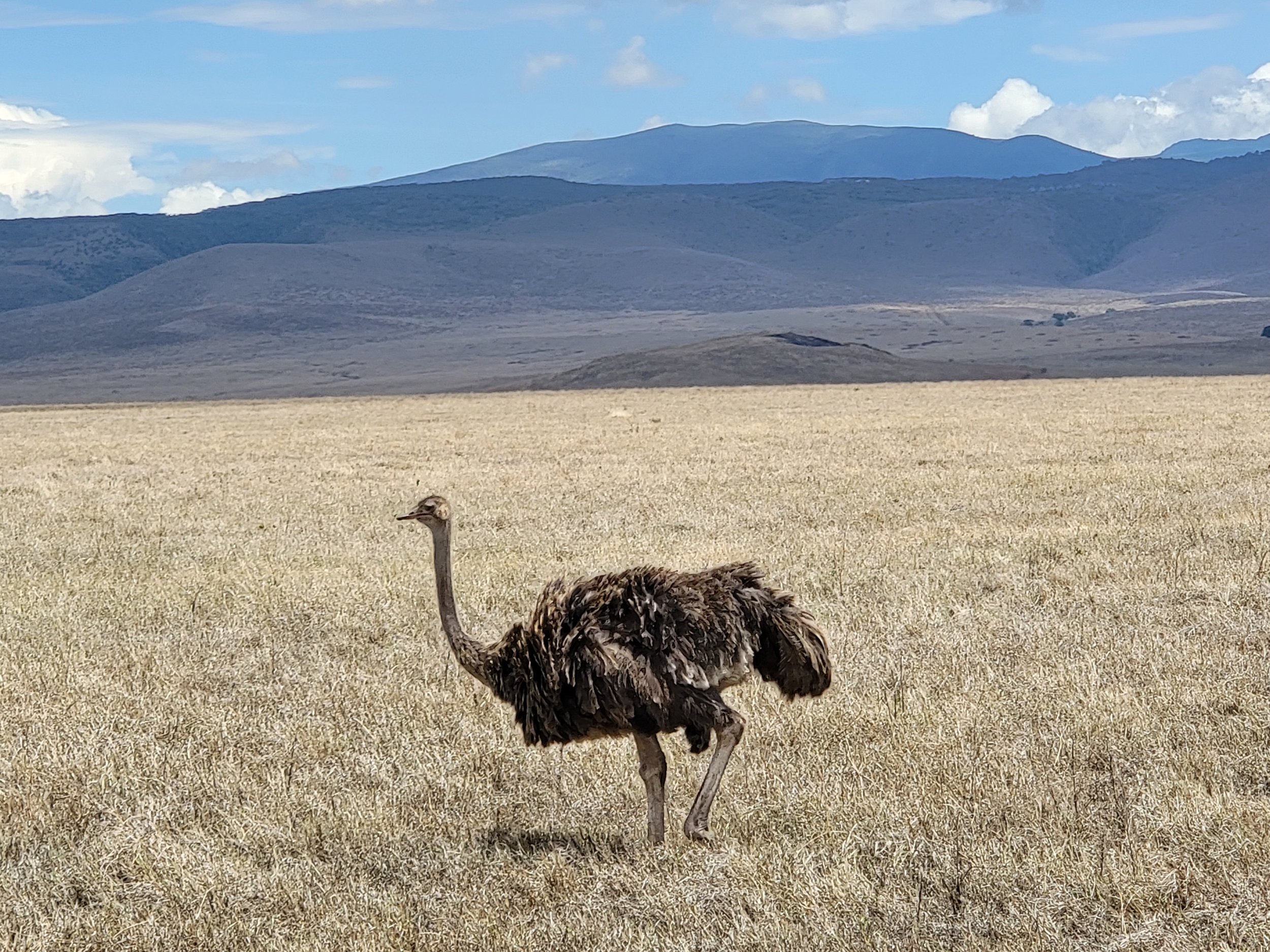
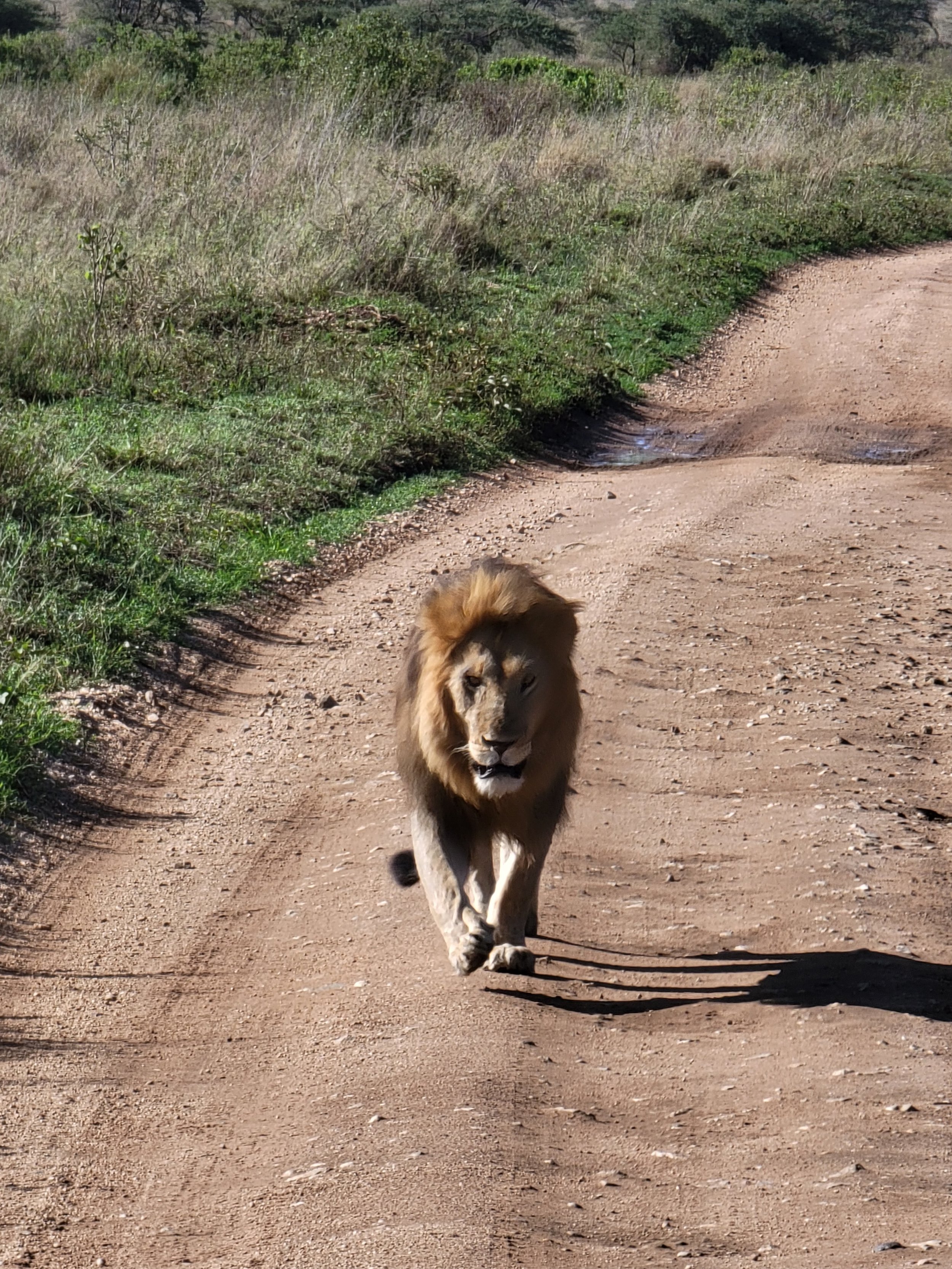
Another reason not to delay: while Safari trips are safe and even luxurious, every one is still an adventure requiring physical stamina, mental fortitude and a willingness to expand your spiritual comfort zone. Although humans have been living in what we now call the Serengeti in Northwest Tanzania for millions of years, it was the home of lions, baboons, hippopotamus and wildebeest before it was home to people, and it still is. It’s imperative to travel with a reputable tour operator, one dedicated to preserving the ecosystem for the generations to come after us. For most tours, guests must remain in vehicles, under the watchful eye of experienced guides. The circle of life is on full display here, and you don’t want to become part of it any sooner than you have to. After all, we too are made of meat.
Listen to your guides - this kitty isn’t eating raspberry jam
The guides will help you find the most interesting events happening on any given day in the bush. There might be a fresh kill guarded by a family of lions, a herd of migrating elephants or a water hole teaming with hippos. Or there might not. Although you’re sure to see something on your trip, the Serengeti is still wild, and there are no guarantees.
Although you can stay in luxury hotels or lodges for your entire trip, camping (or glamping!) is one of the most rewarding parts of the experience. Even if you have one or two sleepless nights getting used to the sounds of the animals around you, the morning breakfast in the bush alone is worth the experience. To help you ease into your cot, enjoy a generous “Sundowner” cocktail or two, along with fresh hors d’oeurves as the sun sets over the Savanna.
Each of the countries of East and Southern Africa brings something different to the table. South Africa has the most developed cities, with a vibrant food and artistic culture. Kenya is home to bustling Nairobi and the beaches of Mombasa. Tanzania is the home of the Serengeti desert, the Ouldavi Gorge and the port cities of Dar Es Salaam and Zanzibar, the legendary trading mecca of Africa, Islamic and Indian civilizations.
Have you heard about glamping? It may look like you’re staying in a luxury hotel, but it’s in-tents!
The region has been getting easier to reach by air in recent years. Until the 2010s, travelers from the US almost always flew through European hubs like Paris, Frankfurt or Amsterdam. Now there are numerous direct flights to Nairobi and Addis Ababa, cutting travel time from a marathon 24-48 hour haul to a more reasonable 16-18 hours. Dubai is also a major hub for travel to the continent. Although it’s a longer haul from the US, there are often good deals on flights.
Math is another universal experience. And so is math class.
One of the great joys of visiting such a remote part of the world is discovering how much we hold in common. Elephant mothers cluck over their children just as ours do. Lion families squabble with each other just like ours. Markets in Zanzibar sell flat-screen TVs, smartphones and soccer balls alongside traditional clothes and handicrafts. If you’re going to visit a Maasai school, be sure to pick up some toys and school supplies for the kids, who love getting presents from visiting adults just as much as ours do.
As the world recovers from the Covid pandemic, it’s reminded us that our time on the planet is finite, and our lives are still closely connected with the natural world, and the lives of people throughout the globe. Get in touch to begin planning your African experience today.

